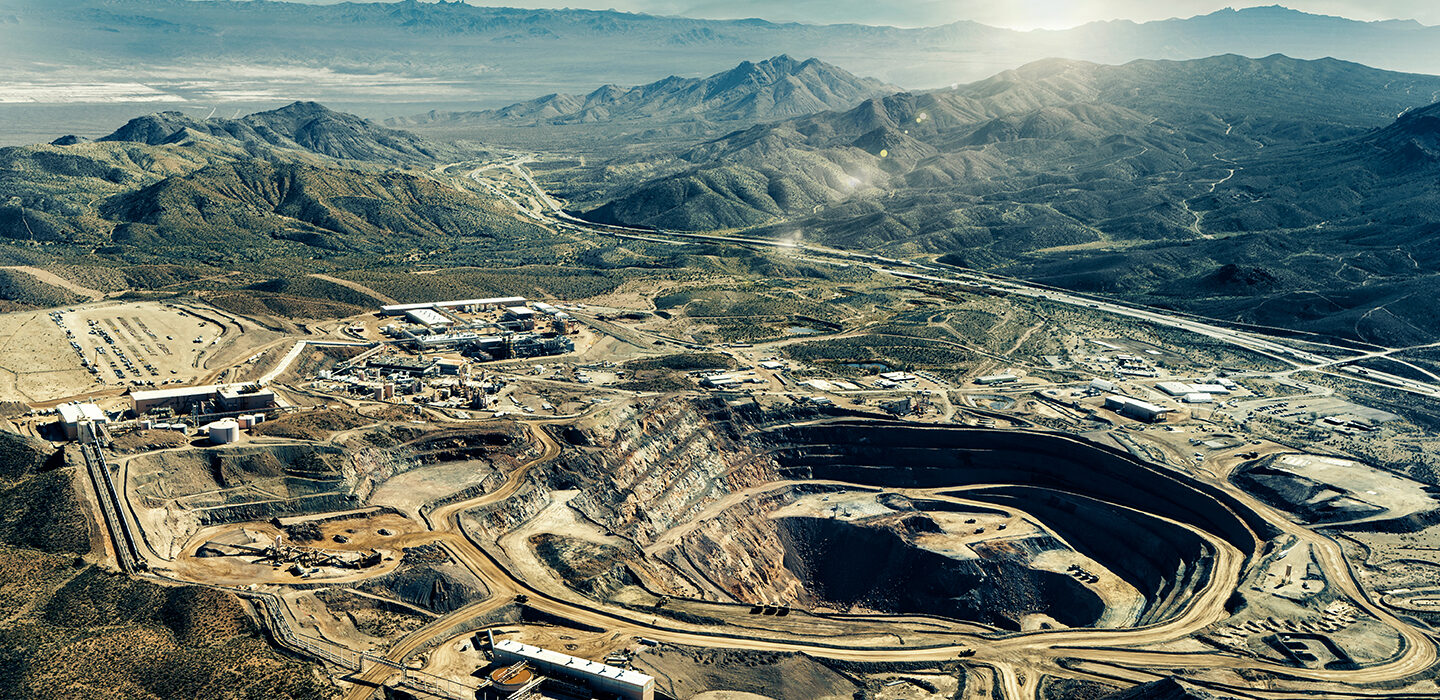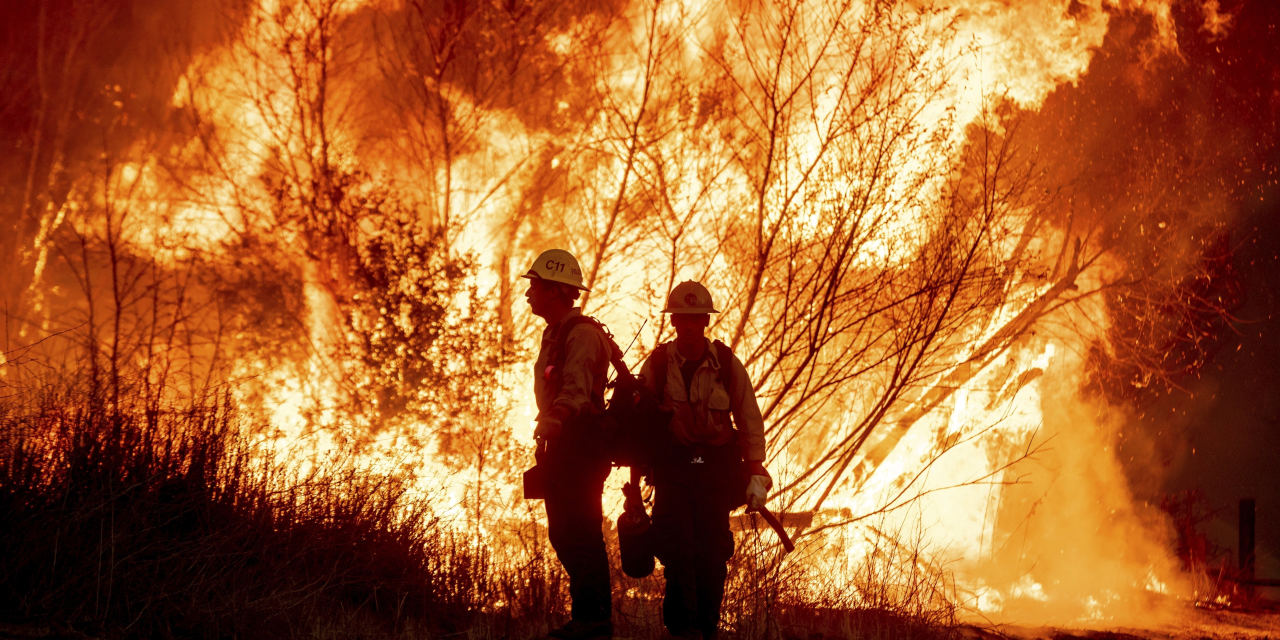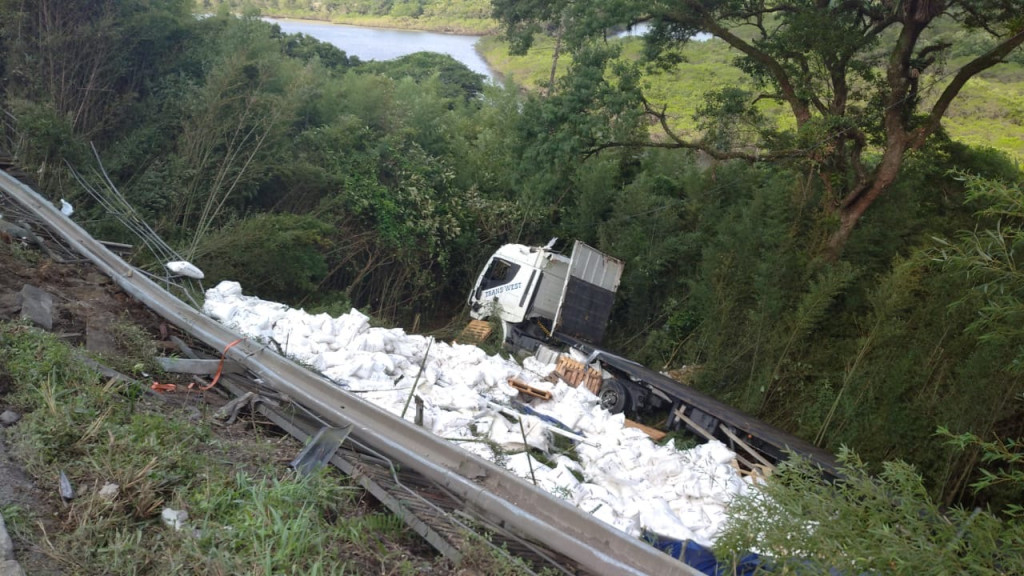Rare Earth Minerals: A Critical Resource In A Potential Cold War

Table of Contents
The Strategic Importance of Rare Earth Minerals
Rare earth minerals, a group of 17 elements, are far from rare geologically, but their extraction, processing, and refining present significant challenges, leading to a concentrated supply chain. These elements are vital components in a vast array of modern technologies, underpinning our digital infrastructure and driving innovation across multiple sectors. Their strategic importance stems from their unique magnetic, catalytic, and luminescent properties.
-
Essential components in permanent magnets: High-strength permanent magnets made from rare earth elements are crucial for wind turbines, electric vehicle motors, and numerous other applications. The efficiency and power of these devices are directly linked to the availability and quality of these minerals. This is particularly relevant in the context of the global transition to renewable energy sources.
-
Crucial for advanced electronics and telecommunications: Rare earth elements are indispensable in the manufacturing of smartphones, computers, and other electronic devices. They are used in components like capacitors, displays, and various integrated circuits, making them essential for the functioning of modern communication networks.
-
Key ingredients in defense systems: These minerals play a critical role in the production of advanced weaponry and defense systems, including missiles, radar, sonar, and guided munitions. Their use in these systems directly impacts national security and military capabilities.
-
Used in catalysts for petroleum refining and pollution control: Rare earth elements are used as catalysts in various industrial processes, including petroleum refining and the production of clean energy. They play a crucial role in reducing emissions and improving the efficiency of these processes.
-
Growing demand due to green energy transition: The global push towards renewable energy technologies, such as electric vehicles and wind turbines, is dramatically increasing the demand for rare earth minerals, exacerbating existing supply chain vulnerabilities. This increased demand further underlines their critical role in a sustainable future.
This reliance on rare earth elements for both civilian and military applications makes their supply chains a key focus in discussions about strategic minerals and critical materials, and highlights the geopolitical implications of their uneven distribution.
Geopolitical Tensions and the Control of Rare Earth Mineral Resources
The geographical distribution of rare earth mineral deposits is highly uneven, with China holding a near-monopoly on their processing and refining. This dominance significantly impacts the global supply chain and creates considerable geopolitical tensions.
-
China's near-monopoly on rare earth mineral processing and refining: China controls a vast majority of the world's rare earth processing capacity, giving it significant leverage in the global market. This concentration of power raises concerns about supply chain security and potential manipulation of prices.
-
Diversification efforts by other countries (USA, Australia, etc.) and their challenges: Countries like the USA, Australia, and others are actively pursuing efforts to diversify rare earth mineral supply chains, but these initiatives face significant challenges, including high processing costs, environmental concerns, and the need for substantial investment in infrastructure.
-
The impact of trade wars and sanctions on rare earth mineral availability: Trade wars and geopolitical sanctions can significantly disrupt the flow of rare earth minerals, highlighting the vulnerability of global supply chains. These disruptions can have severe economic and strategic consequences for dependent nations.
-
The potential for resource nationalism and geopolitical instability: The strategic importance of rare earth minerals increases the risk of resource nationalism, where countries prioritize domestic needs over international trade. This can lead to increased competition, trade disputes, and geopolitical instability. The rare earth mineral trade is becoming a critical arena of geopolitical competition.
The Impact of a Potential Cold War on Rare Earth Mineral Availability and Prices
A worsening geopolitical climate, particularly one resembling a new Cold War, would significantly disrupt the supply chain for rare earth minerals, leading to price volatility and potential shortages.
-
Potential for export restrictions and trade disruptions: Geopolitical tensions could lead to export restrictions or outright trade embargoes on rare earth minerals, severely restricting access for importing nations.
-
Increased demand due to military build-up and technological advancements: A renewed arms race would significantly increase demand for rare earth minerals used in military hardware, further straining an already fragile supply chain.
-
Price fluctuations and their impact on various industries: Disruptions in supply would cause significant price fluctuations, impacting various industries that rely on these critical materials. The economic impact could be substantial, affecting everything from consumer electronics to renewable energy production.
-
The need for secure and diversified rare earth mineral sourcing: The current dependence on a few key producers demonstrates the urgent need for securing diverse and reliable sources of rare earth minerals to ensure national security and economic stability.
Mitigating Risks and Ensuring Supply Chain Resilience
To mitigate the risks associated with the concentration of rare earth mineral production and ensure supply chain resilience, several strategies must be implemented:
-
Investing in domestic mining and processing capabilities: Developed nations need to invest significantly in domestic mining and processing infrastructure to reduce reliance on foreign sources. This includes overcoming regulatory hurdles and addressing environmental concerns.
-
Strengthening international collaborations and partnerships: International cooperation is essential to secure stable and reliable access to rare earth minerals. This requires establishing strong partnerships and agreements between nations.
-
Developing recycling and reuse technologies: Recycling and reuse of rare earth elements from end-of-life products are crucial for reducing dependence on primary mining and promoting a circular economy.
-
Promoting responsible sourcing and sustainable mining practices: Sustainable mining practices are essential to minimize environmental damage and ensure the long-term availability of rare earth minerals. This includes addressing social and environmental impacts.
These risk mitigation strategies are key to achieving resource independence and securing a reliable supply of these vital resources.
Conclusion
Rare earth minerals are undeniably crucial for modern technologies and national security. The growing geopolitical tensions highlight the vulnerability of relying on a few dominant producers, particularly China. A potential Cold War scenario could exacerbate these vulnerabilities, leading to disruptions in supply, price volatility, and significant economic and strategic consequences. Understanding the strategic importance of rare earth minerals is paramount. We must prioritize the diversification of supply chains, invest in domestic production, and foster international cooperation to ensure the reliable availability of these vital resources for the future. Learning more about rare earth minerals and their geopolitical significance is a crucial step towards securing our technological future.

Featured Posts
-
 Angel Reeses Post Game Statement Chicago Sky Game Analysis
May 17, 2025
Angel Reeses Post Game Statement Chicago Sky Game Analysis
May 17, 2025 -
 Weekly Review Identifying And Learning From Failures
May 17, 2025
Weekly Review Identifying And Learning From Failures
May 17, 2025 -
 Wildfire Betting A Commentary On Modern Societys Values
May 17, 2025
Wildfire Betting A Commentary On Modern Societys Values
May 17, 2025 -
 Pga Championship Opening Round Struggles And Surprises
May 17, 2025
Pga Championship Opening Round Struggles And Surprises
May 17, 2025 -
 Seaweed Innovation Condo Collapse Concerns And Corporate Turmoil News Roundup
May 17, 2025
Seaweed Innovation Condo Collapse Concerns And Corporate Turmoil News Roundup
May 17, 2025
Latest Posts
-
 Veteran Springfield Councilman Appointed To Missouri Education Board
May 17, 2025
Veteran Springfield Councilman Appointed To Missouri Education Board
May 17, 2025 -
 Acidente Com Onibus Universitario Detalhes Sobre O Ocorrido
May 17, 2025
Acidente Com Onibus Universitario Detalhes Sobre O Ocorrido
May 17, 2025 -
 Numero De Vitimas Em Acidente Com Onibus Universitario Aumenta
May 17, 2025
Numero De Vitimas Em Acidente Com Onibus Universitario Aumenta
May 17, 2025 -
 Grave Acidente Com Onibus Universitario Atualizacoes E Informacoes
May 17, 2025
Grave Acidente Com Onibus Universitario Atualizacoes E Informacoes
May 17, 2025 -
 Springfield Councilman Appointed To Missouri State Board Of Education
May 17, 2025
Springfield Councilman Appointed To Missouri State Board Of Education
May 17, 2025
